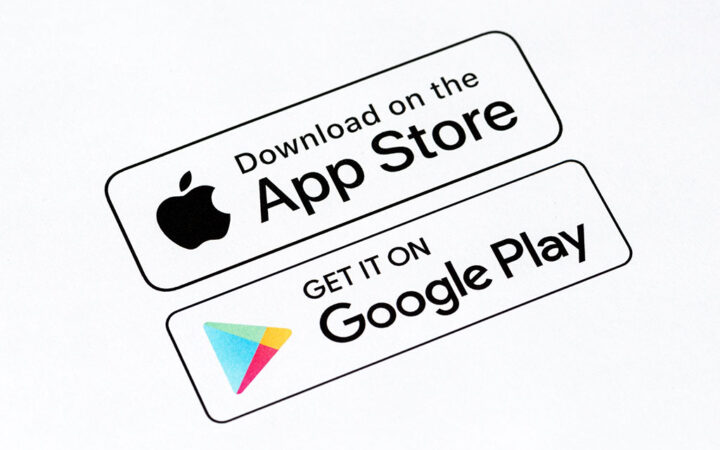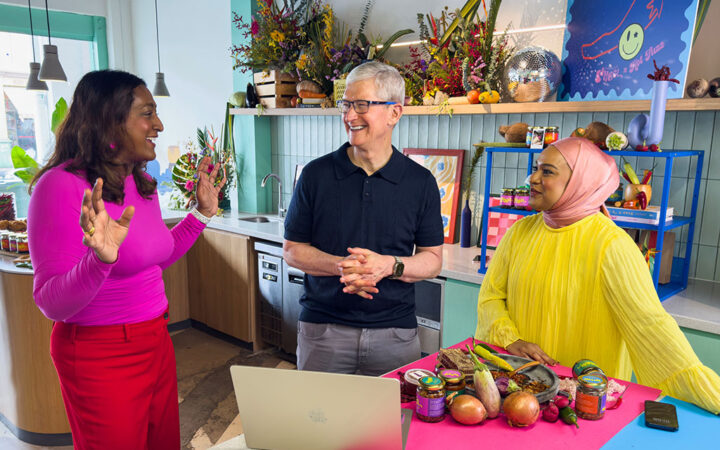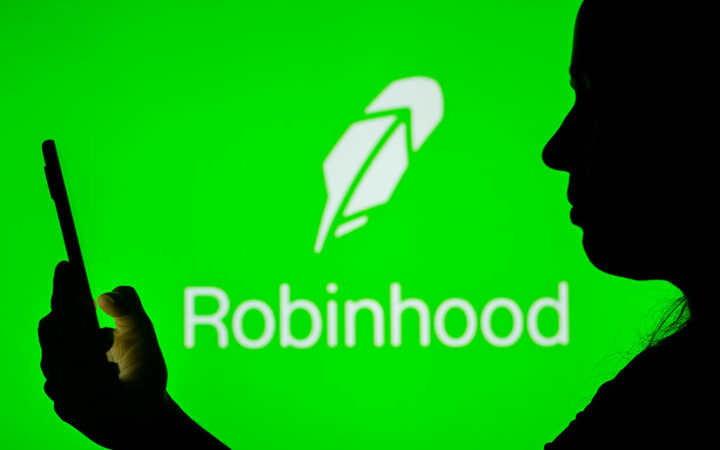With recent news reports lending credence to the idea that there is a big-tech blockchain arms race going on, all eyes this past week were on Apple’s Worldwide Developers Conference – specifically the cryptography session – where Apple’s new CryptoKit was unveiled.
Having worked at Bytecoin, where we are constantly researching and developing methods of cryptography, for some time now, I was interested in what Apple had to say but also skeptical of their intentions, given their tepid engagement with the crypto space.
Yannick Sierra, cryptographic engineering manager for Apple, kicked off the session by saying:
“Welcome to the Bitcoin session! Kidding — welcome to Cryptography and Your Apps session!”
And although, as Sierra’s joke nods to, much of the excitement surrounding the event was due to the implications it could have for the crypto industry, this droll mention of Bitcoin would end up being the only direct reference to cryptocurrency during the conference.
Why Was there Buzz about this Event?
Apple is arguably the biggest name in technology. When Apple rolls new products out – even if those products are minor – people pay attention. Gone may be the days when announcements and unveilings from Apple were seen as modern, verifiable equivalents to pronouncements from the Oracle at Delphi, but these events are still cultural significant in a way that no other tech company’s previews are.
In this particular case, not only was there build-up due to Apple being Apple, the dynamic was different as the details of the new release that had been shared before the session were fodder to a crypto community built upon evangelism and seeing adoption in the tea leaves. We are currently at a juncture that many in the crypto community consider a watershed moment in terms of crypto proliferation and mainstream awareness.
Just down the road in California, Facebook, another giant of the tech world, is gearing up to launch Libra, its own global cryptocurrency available to users of its suite of platforms (including Whatsapp, Instagram, and Messenger). It’s rumored that the whitepaper for Libra will be released in the coming weeks.
With over 2 billion users who will be able to use the platform-native currency to transact with each other in a variety of different ways, the launch of Libra is set to shake-up the entire cryptocurrency industry.
Here’s what we know about Libra and how it will possibly be used: Libra will be a stable coin whose value is tied to a basket of fiat currencies. Users of any of Facebook’s platforms will theoretically be able to use the currency for a variety of services and transactions. Although nothing is concrete right now, it is possible Libra could be used for transactions like grocery shopping and buying a cup of coffee in the morning.
Of course, anyone who has been following developments in the crypto industry even briefly by now has grown all-too-familiar with such claims about everyday usage for a new crypto platform. The thing is though, this time it is different. A substantial amount of human activity already takes place on Facebook and its subsidiary platforms.
With over 2 billion users spread out across the world, Facebook is already a major means of doing business, of communicating, and of transacting. With that kind of network already in place, and more financial support than any project could need, the sky is truly the limit in terms of how far Libra could go.
Not long ago we looked at the current situation in Venezuela and how cryptocurrency could be used to slow down some of the economic turmoil in the country and alleviate the human suffering that the fallout has caused. Now if Facebook had their currency up and running, barring more extreme actions on the part of the current regime, the economic dynamics of the situation would be drastically different on an individual level.
One of the goals it seems that Facebook has with their cryptocurrency, as the tech giant and its founder-cum-talisman mover further into the fields of politics and social engineering, is to be a vehicle of improvement in developing countries. With their new cryptocurrency, this could take shape in a fascinating way that would potentially be extending into new waters that global financial and regulatory bodies do not really have covered.
With services available to everyone on their platform, Facebook will be opening doors to many people that live in unbanked and underbanked areas, areas that have been ignored or ravaged by central banking systems. While that sounds like it has revolutionary potential, we have to remember that at this point there is probably nothing in the world more centralized than Facebook and the only thing they can really be relied on to do at this point is lies about how they operate and what they do with their user information at every opportunity they get.
Cynicism aside, what seems likely from all of this, and what many industry insiders are hoping, is that the Facebook foray into crypto will be an educational firebrand that will change the scale on which cryptocurrencies operate, and in doing so, greatly benefit the industry.
As much as any “humanitarian” intention from any massive corporation must be taken with a grain of salt, what seems likely is that Facebook will end up further normalizing the idea of cryptocurrency and further legitimizing its practice. This would be beneficial both to the industry, and to consumers in general because once we are there, where crypto has anywhere near the user base as does Facebook, users will be able to see for themselves the advantages that using certain platforms would have for them.
What about Apple?
With the Facebook release impending, and other big names in tech also seemingly testing the crypto waters, in its buildup the release of Apple’s CryptoKit was looked at as a potential first demonstration in what was shaping up to be a crypto arms race.
Despite the high expectations, Apple’s attitude towards crypto could hardly be characterized as anything above lukewarm. The CryptoKit rollout was not, at least externally, a showing of Apple’s newfound openness to the cryptocurrency, but rather just as it was billed, an in-depth rundown of the new developer tool with use cases, implementation tips and chunks of code on the presentation slides.
Rather than being a game-changer in terms of adoption, the Apple toolkit was aimed at developers and general cryptography without any specific tie to cryptocurrency. But like we observed with Facebook, though here it is on a decidedly smaller scale, this is part of the process of normalization and de-stigmatization which could change the face of the industry we work in.
From a personal standpoint, these developments are intriguing because these companies – with their long lists of humanitarian objectives and their longer lists of deceptions – will probably end up opening the door to projects like Bytecoin that will actually be able to offer the protection and power to individuals to which Facebook and its ilk are so eager to pay lip service.
Disclaimer: Coinspeaker is committed to providing unbiased and transparent reporting. This article aims to deliver accurate and timely information but should not be taken as financial or investment advice. Since market conditions can change rapidly, we encourage you to verify information on your own and consult with a professional before making any decisions based on this content.

Max was born at the end of 80s in Frankfurt, Germany. He studied engineering and telecom at university, and had internships in the US and UK. At the same time, he was coding on the side in С++ and scripting languages. After entering the Bytecoin team in 2016 as a technical support engineer, he rose through the ranks and now works as an integration engineer. Max is collecting vintage gaming consoles and loves English literature.





